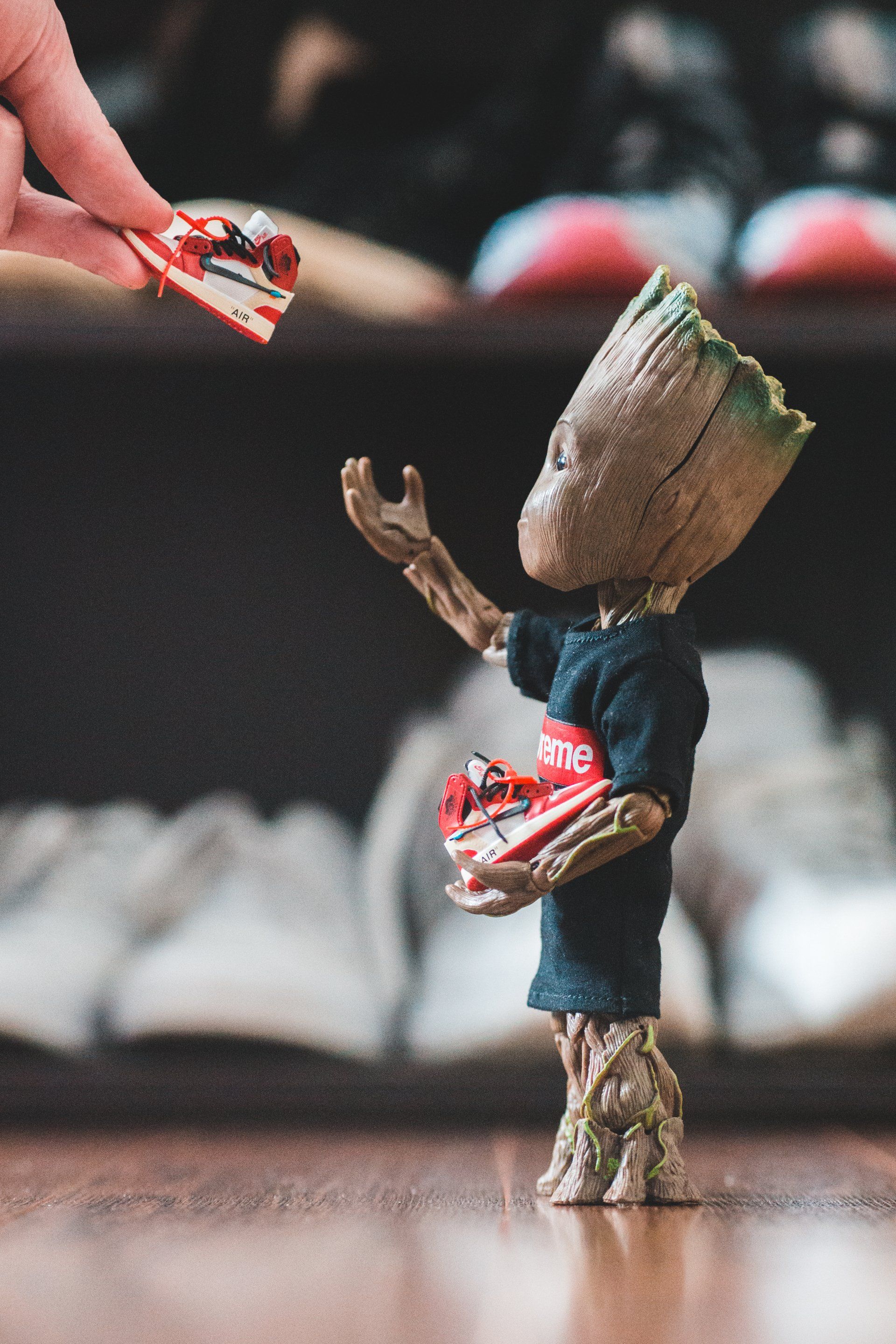The Heroes Journey
Joshua Caldwell
The Hero's Journey
Hero-Worship Whiteness and the Anti-Hero

I grew up thinking I’d be a hero.
I doubt I ever put that into words, or even had a conscious awareness of it.
Those racialized as white, those gendered as male, have been raised under western patriarchy, misogyny, chauvinism, and white supremacy.
There is a near constant enforcement of the
whiteness=good dichotomy.
Princes rescue helpless women.
Black ‘drop-outs and thugs’ just needed a white teacher.
White dude needs to stop a bomb, or keep a bus going over 55...
The stories we hear, study, and steep in; position ourselves as the main character of the never-ending hero's journey.
One; defined by whiteness.
It is the story of a man (now read as well as the Strong Female Lead) tasked with a journey, which they refuse, are drawn into, has an all-is-lost moment, then victory and some sort of character change.
In a world dominated by eurocentric histories, and ‘standards’; the hero's journey is deeply encoded as a white journey.
Honestly, I think its completely understandable that white folk slip into narcism and sociopathy. A not insignificant amount of mental health issues are systems related.
Well five hundred years of whiteness can have a LOT of adverse affects.
FOR EVERYONE.
My therapist put it like this:
'You're brain is a muscle. Like any muscle it has muscle memory'
So when you are protecting yourself in an environment of trauma and oppression, your brain was trained to react in specific ways, often to protect you.
Outside of that trauma environment, these reactions are no longer prudent, and often detrimental.
So we retrain our muscle.
Retrain to
flinch less.
To react in ways that do not inflict trauma onto others.
Parallel to this, we need to retrain our concepts of whiteness and our enforcement of it.
Media as a broad concept has always had a unique vantage in our systems of oppression.
An amalgam of all the ways we can enforce, codify and address oppression.
As we grapple and directly confront whiteness, we see that represented in various forum.
I posit one which way is our recent infatuation with the Anti-Hero.

The antihero is not itself a 'recent' concept. Dating in literature to the 20th century in Europe, and making its way to the United States more prominently in the 50s.
With the advent of the television, and the exponential increase in technological advancements, we see the television antihero phase really peak in the 2000s.
Often referred to as America's Golden Age of Television.
Ironic in a way.
As a concept, I don't hate the idea of creating environments in which we sympathize with those trying to survive in a corrupt or oppressive system. That is a lens we too often dismiss when discussing 'real' crime.
In the macro perspective, the antihero seems like an initial narrative reckoning with whiteness.
Where now the person we are rooting for is suddenly doing all of the things we as a society have criminalized, HARSHLY, so we need to provide context for the viewer to empathize and root for someone they've been trained to root against.
Here is where the antihero fails, as a concept in which it doesn't enforce or perpetuate trauma or harm. In this lens, the antihero centers whiteness and utilizes the narrative arc of the antihero to encourage and establish empathy.
If we are to expound that, its asking us to not only empathize with the oppressor but excuse it.
The antihero's established in Wakanda offer the best this type of narrative can do in addressing oppressive systems. However, as Hollywood is still steeped in whiteness, it feels more like the antihero is here to ensure we avoid accountability.
TrauMEDIA
